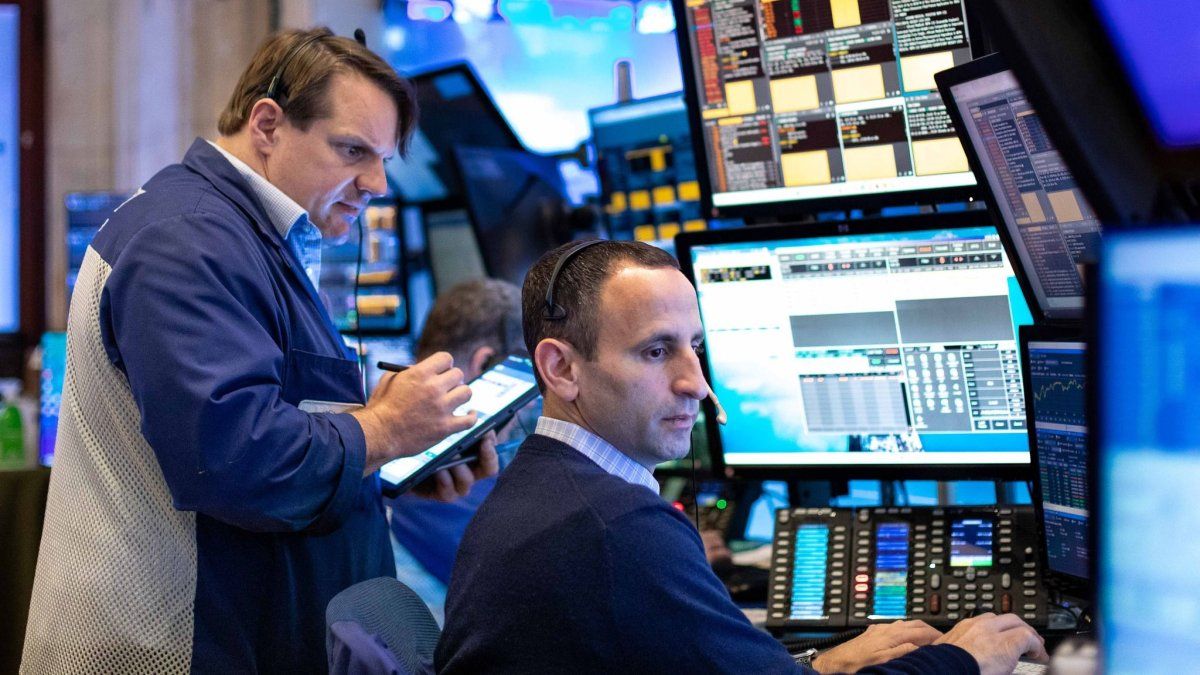The International markets They fall strongly, after know that the United States economy contracted in the first quarter of the year and that hiring in the private sector in April was less than expected.
The New York Stock Exchange opened on Wednesday with low -pronounced falls. In the first movements of the day, Dow Jones left 0.7%; Nasdaq, 2.07%; and the S&P 500, 1.35%.
The European stock markets that had started on a day marked by disparate business results and the expectation of key economic data. But with the data that came from the US, they went to negative field with falls greater than 1%.
Since the beginning of the month, the fears of a global recession, fueled after the announcement of new import tariffs by the US president, Donald Trump, are hitting the investors hard. The strong appreciation of the euro against the dollar – almost 10% in just two months – has also put pressure on the exports of the block, limiting the appeal of European shares.
Business results
In the markets, Barclays advances highlighted, which climbs 2.3% after reporting a quarterly benefit by 19% higher than expected, and the Danés DSV logistics group, which scale 9.6% after closing the acquisition of the German Schenker and presenting an optimistic perspective on the benefits of the operation. In contrast, the Swedish steel SSAB fell about 5% after informing a 57% reduction to their operational benefit of the first quarter.
Beyond the corporate results, investors keep their eyes on growth data from France, Germany and the euro zone, which will be published in the next few hours. Meanwhile, many managers of large global portfolios have begun to reduce their exposure to traditional US assets., Looking for alternatives in less conventional markets such as Latin American currencies, emerging market bonds and gold mining shares in Canada and Australia.
They fine for more than US $ 800 thousand to CEO from Barclays for trying to identify informant
The general feeling remains marked by the lack of consensus on where to take refuge of capital: according to a recent survey by JP Morgan, a room of institutional investors chooses to maintain effective, while emerging markets appear as the second preferred option, despite the risks involved in a possible American recession.
In this context, some analysts estimate that the massive departure of capital from the US could continue to strengthen the euro, even when it affects the export competitiveness of the block. Others, on the other hand, argue that the turn in American economic policy could generate, in the medium term, a renewed opportunity for Europe if it manages to capture part of those investments in escape.
Source: Ambito
I am a 24-year-old writer and journalist who has been working in the news industry for the past two years. I write primarily about market news, so if you’re looking for insights into what’s going on in the stock market or economic indicators, you’ve come to the right place. I also dabble in writing articles on lifestyle trends and pop culture news.




